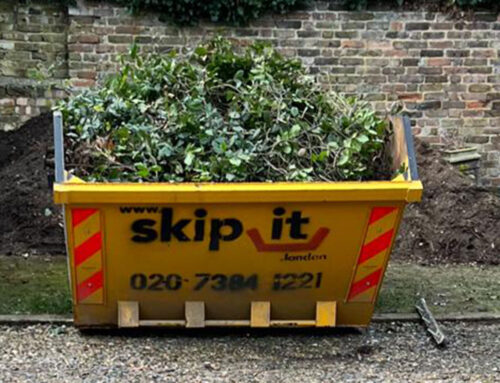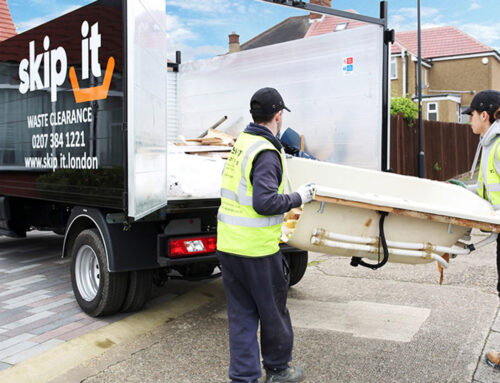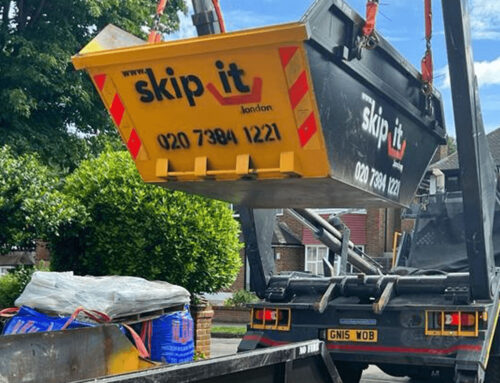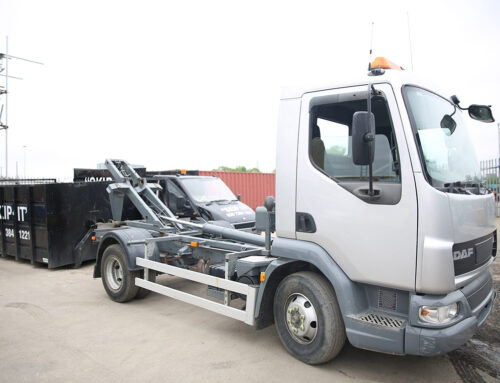Why recycling is important and how it affects the environment
Recycling is a meaningful way to help the environment because it reduces trash, protects natural resources, and lowers greenhouse gas emissions. But common recycling mistakes can make these perks much less helpful. As a service from Skip Hire Surbiton, this blog shows you common mistakes people make when recycling and gives tips on avoiding them to make your efforts more environmentally friendly.
1. Sorting recyclables in the wrong way
- Common Mistakes When Sorting
-
-
- One of the most common mistakes people make when recycling is sorting things wrong. For example, putting paper in wet trash can make the paper unusable. This not only makes the batch dirty but also makes the recycling process less effective.
-
- Step-by-step instructions on How to Sort Correctly
-
- To put recycling in the right pile:
- Sort your trash into paper, plastic, metal, and glass bins.
- Make sure that food or oil doesn’t get on things like cardboard.
- Take off any parts that can’t be recycled, like the plastic windows on envelopes or the staples on papers.
2. Dirty recycling bins
- Effects of Bad Cleaning
-
-
- When recyclables aren’t cleaned properly, they can contaminate whole bins, making things that could be recycled into trash. For instance, one yoghurt bottle that has yet to be rinsed can make an entire bin of recyclables smell bad.
-
- How to Clean and Get Things Ready
-
- Rinse food containers well. They don’t have to be spotless, just clean off most leftovers.
- Boxes and cans can be flattened to save room and make moving easier.
- Cleaning rules can differ depending on where you live, so check the area rules.
Also Read: Reduce Plastic Pollution
3. Not knowing what materials can be recycled
- Details on Materials That Can Be Recycled
-
-
- Many people need to learn what can be recycled. They often put things that can’t be recycled in recycling bins because they think they can.
-
- How to Understand Symbols and Codes
-
- Learn the symbols on products, like the resin identification code on plastics, which tells you what kind of plastic it is and whether it can be recycled. Knowing these marks is vital because not all plastics can be recycled at the curb.
4. Wish cycle
- What Wishcycling Is and What It Does
-
-
- People put things in the recycling bin, hoping they can be recycled, even if they can’t. This is called wishcycling. Although this practice is done with good intentions, it can do more harm than good because it messes up recycling machines and contaminates trash.
-
- How to Avoid Wishcycling
-
- Always check to see if an item can be recycled in your area by looking at local recycling rules or using tools provided by the city. If you need more clarification, it’s best to throw it away.
5. Not following local recycling rules
- Understanding the rules in your area
-
-
- Laws about recycling can be very different from one place to another. Follow these rules to ensure the recycling process in your area is smooth.
-
- Helpful Links for Recycling in Your Area
-
- For special rules, visit your city or town’s waste management website.
- For help and advice, call the recycling centres in your area.
- Keep up with any changes to how recycling works.
Conclusion:
To protect the environment effectively, it is essential to understand and fix typical recycling mistakes. You can make a big difference in recycling by learning to sort, clean, and throw away trash and staying current on local rules. Skip Hire Surbiton wants everyone to follow these tips so that our actions help the earth instead of hurting it. We can all work to recycle better and brighter, leading to a healthy world.




